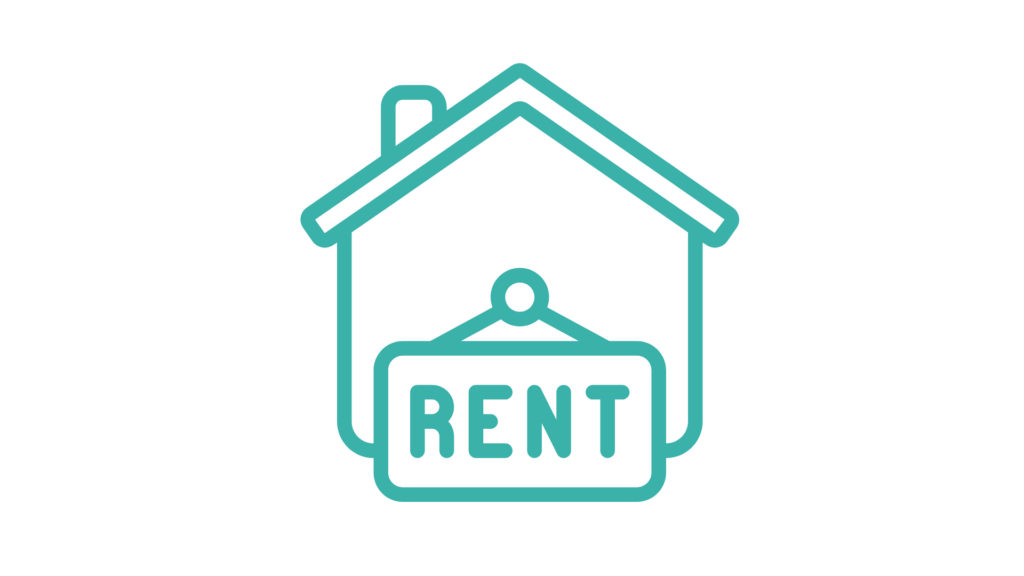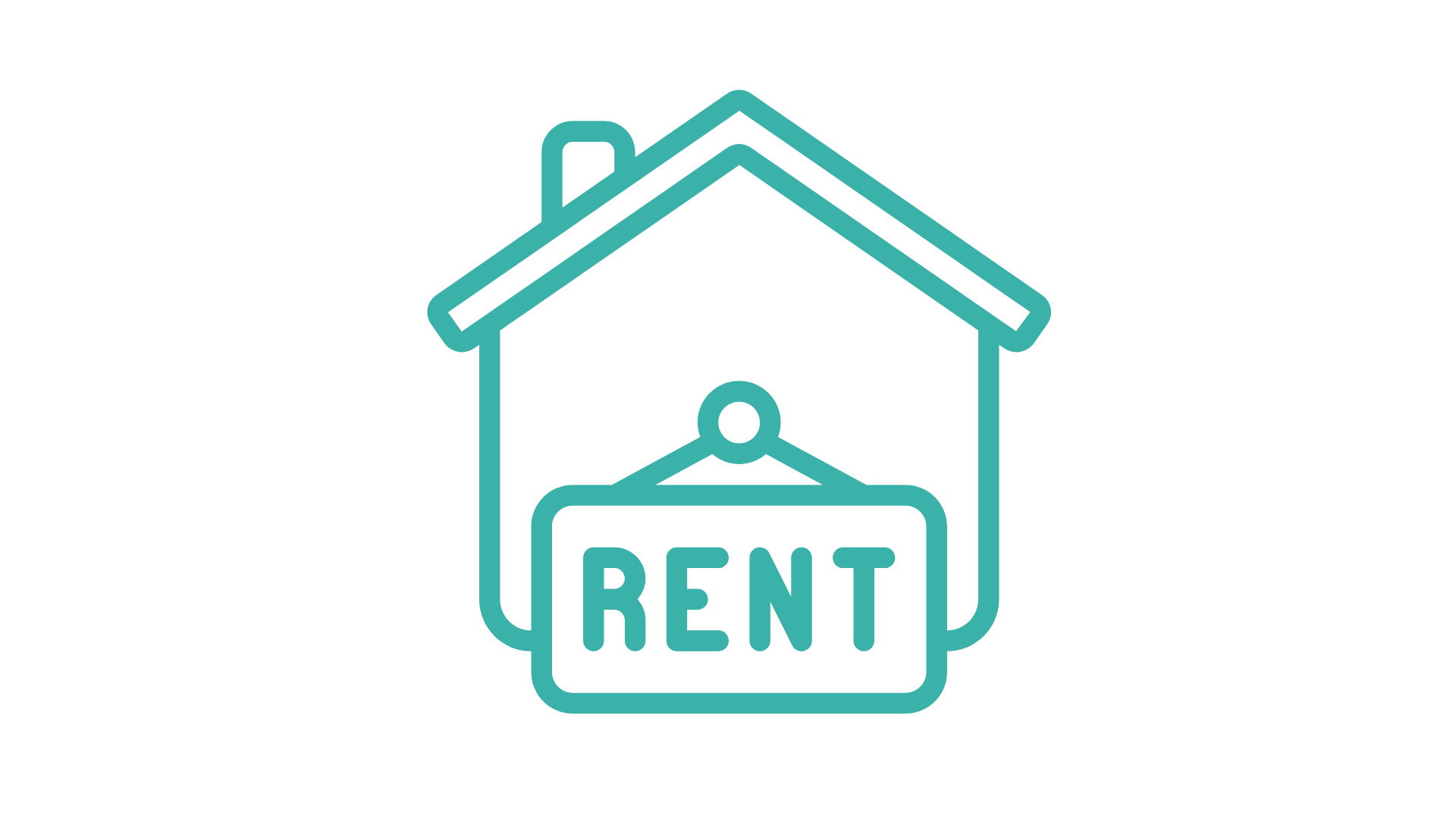Due to the high popularity of generating income from rental, many people wonder how such profits are taxed. Finally, when you achieve income from non-agricultural business activity that is higher than half of the minimum wage, you must settle income tax. Additionally, if you rent as part of your business activity, you must also fulfill other obligations of the entrepreneur. What is the settlement of private lease and business lease? What changes will take place in income tax regarding the lease of residential real estate in 2023? Renting only superficially looks like a simple business - but it is worth using professional help accounting officewhich will guide you through the tax intricacies related to this form of activity.
Private lease and company lease - differences
Renting apartments is a huge market with huge financial opportunities. Currently, it is also growing in strength due to the high prices of houses and flats. What does a lease look like in practice? We can distinguish two basic rental models:
- Private rental
In the case of a private lease, you do not have to set up a business, but you still have to pay income tax. Currently, in this model, it is possible to pay tax only in a lump sum on registered income. The form of private lease is intended for people who do not run a business related to real estate, do not rent on a continuous basis and on a large scale. Therefore, we can specify that private rental is intended for natural persons who, for example, rent one flat. Although the regulations do not regulate the number of apartments for which business registration is required, the provisions contained in the Income Tax Act may prove helpful. There we will find information that business activity is activities carried out on one's own behalf in a continuous and organized manner and leading to a steady income.
[accounting_banner]
- Company rental
However, private rental ends when we start talking about the activity registered in the Central Register and Information on Economic Activity and the real estate included in the fixed assets register. The entrepreneur, as part of his business activity, rents flats or houses and does so in a continuous and organized manner. In addition, there are premises such as investing in further real estate or giving real estate for lease, which prove that business activity should be registered. In contrast to private rental, the settlement of such activities is carried out on general principles or a flat tax.
Forms of rental taxation - renting an apartment for a company
Renting real estate as part of business activity involves paying income tax in one of the two forms mentioned above:
- Tax scale (general rules)
The tax scale is the basic form of income taxation. It can also be used to account for rental as a business activity. This tax model has a tax-free amount of PLN 30,000 and two tax thresholds - 12% up to PLN 120,000 per year, and 32% from PLN 120,000 per year. In addition, there are a number of tax reliefs, such as a joint settlement with a spouse or a child relief. However, in the case of renting real estate related to business activity, it may turn out that your income is already entering the second tax bracket, which will be unfavorable for your company's finances. Therefore, the choice of this form of taxation should be dictated by a thorough analysis of profits.
- flat tax
The flat tax is characterized by a fixed tax rate of 19% regardless of the level of income. Unfortunately, despite the more favorable method of settlement, the taxpayer cannot take advantage of a joint settlement with a spouse, and a number of tax reliefs, such as a child relief or a relief for a single parent.
What about the lump sum on registered income? As an entrepreneur dealing with rental as part of your business, can you settle with a lump sum? In order to thoroughly analyze this issue, we first need to look at the tax changes that came into force in 2023.

Changes: lease as part of business activity 2022 and 2023
At the beginning of 2023, several important tax changes entered into force, which also affect the method of settling private and company rentals (rental of buildings or residential premises as part of business activity). First of all, the method of taxation in private rental has changed. Currently, there is an obligation to settle the lease with a lump sum. This means that private individuals who want to rent one or two properties without a registered business activity under private lease must settle their flat-rate income tax. How does it look in practice?
The flat rate for this type of income is PLN 8.5% or PLN 12.5% for the surplus over PLN 100,000. In addition, these changes mean that these people will not be able to deduct tax-deductible costs, such as loan installments, depreciation or renovation expenses.
Lease as part of business activity and the lump sum 2023
Since under private lease there is an obligation to settle the lease with a lump sum, what does it look like from the entrepreneur's perspective? Can he benefit from a more favorable flat-rate settlement? Theoretically, there are no problems in this case. After all, the lump sum is included in the form of taxation to which income from non-agricultural business activity is subject, and renting is definitely in this group. In addition, the entrepreneur must meet the condition of not exceeding the threshold of EUR 2 million in revenues.
However, there is one "but". Flat-rate taxation applies to all revenues from business activity, therefore it cannot be the case that the entrepreneur pays his main activity, e.g. Therefore, a flat-rate tax is possible when all economic activity is settled in this way, which is often not beneficial for real estate entrepreneursbecause it is not possible to deduct tax deductible costs, which are often high (renovations, loan installments). It is also worth remembering that if the taxpayer conducts various types of activities within one company, which are taxed with different lump sum rates, records should be kept in such a way that it is possible to assign individual income to specific lump sum rates. If this is not possible, the principle of the highest lump sum rate on recorded income applicable to a given taxpayer will apply.
Leasing as part of business activity – what about depreciation?
When delving into the subject of changes regarding private and company lease, we must also mention depreciation. At the beginning of this year, taxpayers who rent residential premises as part of business activity, may not depreciate real estate and include them as tax deductible costs of depreciation write-offs.
According to the amendments: "the exclusion of the right to depreciation covers residential buildings, residential premises, cooperative ownership right to a dwelling and the right to a single-family house in a housing cooperative, used for business activity or leased or rented by taxpayers of personal income tax (PIT) and taxpayers of corporate income tax (CIT).”

Purchase of an apartment for a company for rent and VAT
If you want to buy an apartment as an entrepreneur, you are certainly wondering what the basic issue looks like - renting an apartment for a company and VAT. Regardless of whether you buy an apartment as a private person or as a company, you must pay VAT. It also does not matter whether you decide to buy residential or office premises with the intention of short-term rental. VAT is mandatory in all cases. However, its amount depends on whether you are buying residential real estate as a private person or as an entrepreneur. In the first case, 8% of VAT applies, while in the second it is already 23% of VAT. On the surface, it seems that the private purchase option is better than the one for business. However, in the end, it is the purchase of an apartment for a company that allows you to deduct the tax and "recover" the money invested in the investment. However, it is worth remembering that when the real estate is intended for residential purposes, the “exempt” rate applies, which automatically excludes the possibility of deducting or adjusting the previously deducted VAT if the real estate was originally intended to generate revenue from, for example, renting an office, and ultimately was related to exempt sales (on housing purposes).
How to choose the form of rental taxation?
While the choice of a private lease or a lease as part of a business is quite clear, the decision related to the form of taxation may pose some difficulties. Which is why it is best to start cooperation with our online accounting office! Our experts have been dealing with it for years accounting services and consulting services, which is why they know the current tax regulations very well. Running a business involves a lot of stress, so focus on growing your business and we'll take care of the rest!
We will help you in every aspect related to company registration and its subsequent management. In our offer you will also find "staff and payroll", i.e. comprehensive service related to, among others, employee payroll. Thanks to the fact that everything is done remotely, you do not have to worry about meetings, commuting or tedious visits to the post office. Open Profit is a new quality, convenience and professionalism.
Contact us!
FAQ:
- What are the types of rentals?
We can distinguish two types of lease:
- private rental, i.e. run by people without registered business activity,
- company rental, i.e. run by entrepreneurs with registered business activity.
- What are the forms of rental taxation?
With the changes that entered into force at the beginning of 2023, private rental may be taxed only with a lump sum on registered income, while company rental may be taxed on general terms or with a flat rate tax. Theoretically, entrepreneurs can also use a lump sum, but for many companies it is unprofitable.
- Does the purchase of an apartment for rent require payment of VAT?
Yes, as with any purchase, you must pay VAT, which is not dependent on the intention with which you buy the property. As an individual you pay 8% VAT, and as a company you pay 23%. When making a purchase for business activity, you can deduct VAT.


